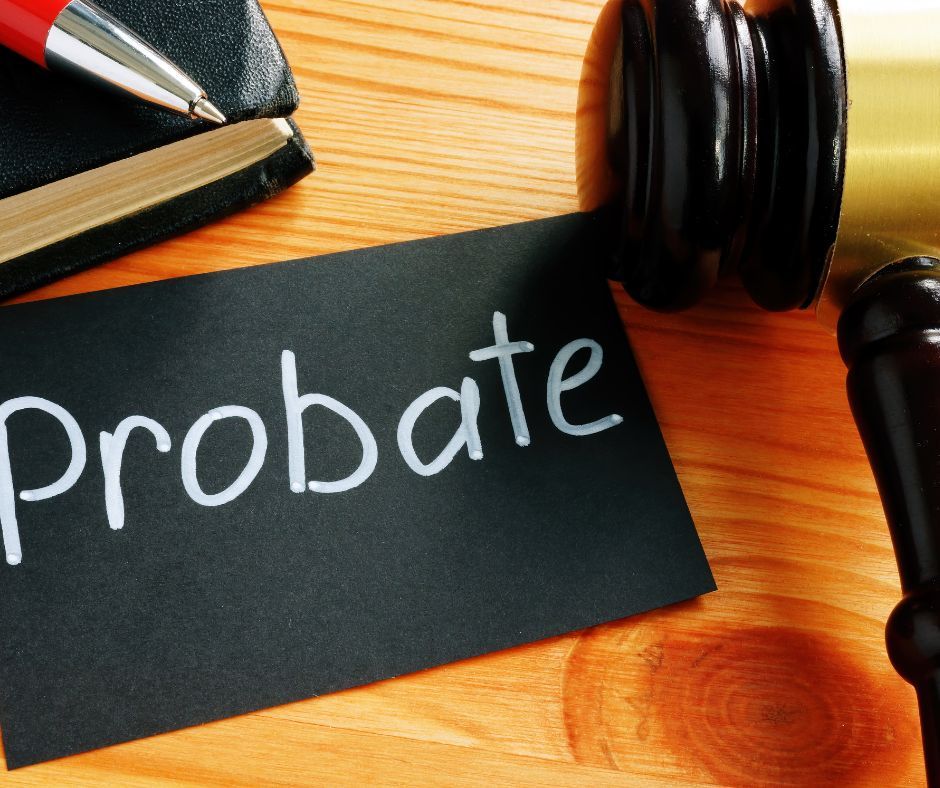Estate Planning to Avoid Probate

Probate is the court-supervised process that transfers a deceased person’s assets into their beneficiaries' control. Probate can be an expensive and time-consuming process, so it's important to take steps before death to minimize how much of your estate goes through probate.
Here are some ways to avoid probate:
Start with inventory
Begin by making a list of all your assets and debts. You can do this by hand or you can utilize the help of a legal expert to help you keep track of what you have, where it is, and how much it's worth. In addition to cash, bank accounts, and investments, include any real estate owned by you or your spouse (including vacation homes), vehicles owned by either party, jewelry, or other valuables that are in the possession of either party (such as valuable art work), plus all debts owed by either party (including student loans).
Take care of details, like passwords and your will
-
Keep your passwords in a safe place.
-
Make sure you have a will, and it’s up-to-date with all the changes you’ve made (new pet, new car).
-
If married, make sure your spouse knows where your passwords are kept and how to access them if something happens to you unexpectedly.
-
Finally, remember that having an estate plan is important—your loved ones could be left with legal difficulties trying to sort out what happens with your belongings if there isn't one already in place for them when you pass away
Notify your family and friends
-
Notify family members.
-
Notify friends.
-
Notify the executor of your will or trust, if there is one.
-
Notify the beneficiaries named in your will or trust (if any).
Create a living trust or other non-probate vehicle for your assets
If you've got a will and assets, chances are good that your heirs will have to go through probate. But there's another way: a living trust. A revocable living trust is an estate planning tool that holds title to certain assets for the benefit of others after death. These can include financial accounts, real estate holdings like homes or land, and even businesses.
A living trust avoids probate by allowing the owner (the grantor) to transfer an ownership interest in their property into the name of the trust while they're alive—and directing how those assets will be distributed after death without having to go through court proceedings. This can save time and money for everyone involved; if you want your beneficiaries not just to inherit your stuff but also do so quickly and easily without paying legal fees, then it’s worth looking into drafting one now.
Follow these steps to help minimize how much of your estate goes through probate.
If you want to avoid probate, it helps to know what you own and where it is located. Then, you can take steps to protect your assets and make sure they go where they are supposed to go. An estate planning attorney like our team here at Nash Law Firm in Maumelle can help you with this process and other aspects of estate planning such as creating a will or trust. Call us today to schedule your free consultation.









![Nash Law Firm Logo [click to return home] Nash Law Firm](https://lirp.cdn-website.com/8c4d5b2c/dms3rep/multi/opt/nashlogo_colorgray_horz-1920w.png)


![Nash Law Firm Logo [click to return home] Nash Law Firm Logo](https://lirp.cdn-website.com/8c4d5b2c/dms3rep/multi/opt/nashlogo_whgold_horz-1920w.png)

